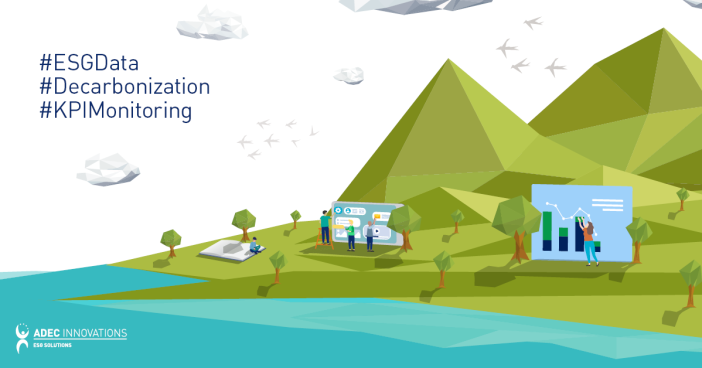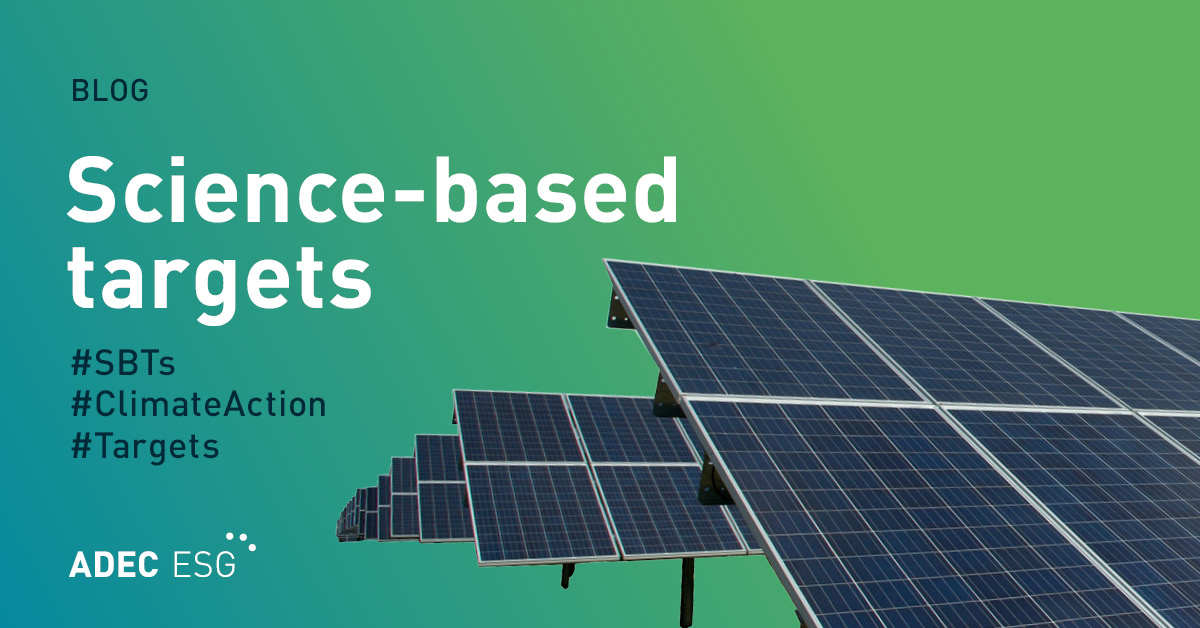Driven by global climate change goals, greater regulatory scrutiny, and increased investor interest in climate risk and action, decarbonization is a hot topic in every industry. Consequently, this puts data and data tracking front and center.
Are your data systems developed enough to track, manage, and further your progress on your low-carbon transition goals? Are those systems equipped to do so in a meaningful way?
For many organizations, the answer is “no,” “maybe,” or “it’s complicated.” This may be for a number of reasons, ranging from cost and lack of support to the sheer complexity of creating a system that encompasses and interprets hundreds or thousands of data points into proven action and results on material topics.
Today, we’re highlighting three key challenges that we see companies face every day as they strategize around a low-carbon transition. We’ll also focus on important opportunities that those challenges can unveil, and how you can use those challenges to drive progress towards short- and long-term decarbonization goals.
Challenge: Missing data and long-term tracking
Decarbonization is a long-term goal that requires long-term, consistent tracking. Many organizations have recently begun their Sustainability Journey and do not yet have the history of data they need to demonstrate continued progress over time.
We recommend a two-pronged solution:
- Using what data you do have to paint as accurate a picture as possible, and
- Starting development of vital data systems now to set you up for success in the future.
For example, data for GHG inventories can be particularly difficult to obtain in the early stages of carbon planning. Many companies use tools such as Quantis’ evaluator to estimate emissions, but this spend-based method relies on reducing spend in order to increase performance. This isn’t always effective in real terms, nor does it always reflect real change.
Instead, aim to base your emission estimates on activity data, which will reflect more accurately the scale of emissions and your progress in achieving emission reductions. This level of accuracy is especially crucial for tracking your most significant emission sources. Reach out to suppliers to better understand the carbon content of supply chain elements and break down activity data into subcomponents to gain more detailed insights. It is also important to ensure that the data collected is consistent across all suppliers.
While the challenge may seem daunting, take this opportunity to set up or improve your current data systems in a way that will set you up for success in the future. Give future-you the ability to show progress towards established goals by creating connected systems, improving internal institutional knowledge, and looking for ways to automate and streamline data sets to improve efficiency and reliability.
Challenge: Setting KPIs that are informative and impactful
Consistent, reliable, and purposeful data will drive your ESG programs, help shape future goals and targets, and help direct resources where they’re needed most. However, knowing what key performance indicators (KPIs) to use to help guide those programs and goals isn’t always straightforward.
Data should be targeted and rigorous. Taking the time to really think about what KPIs are important to you and will help you achieve your goals will also force you to think holistically about your ESG strategy, existing ESG programs, and what you want those to look like going forward.
When thinking through your carbon-related KPIs, we recommend going through the following three tests:
- Meaningfulness: The KPI should allow you to monitor a significant portion of overall emissions as identified in the inventory (e.g. scope 3 Purchased Goods and Services for a retail company) and mandatory reporting emissions (e.g. scope 1 and 2 emissions for most).
- Actionability: The KPI should be within reach of a company’s activity or influence. For example, this could be the share of renewable energy procured in a given year (impacting scope 2 emissions) or the share of materials used in product design coming from lower carbon sources (for scope 3 Purchased Goods and Services emissions).
- Feasibility to monitor (from a technical, financial, and cultural perspective): In other words, the right structures should be available to support tracking of this KPI. For example, you may need to consider training teams outside of the ESG department to monitor new indicators, such as updating procurement practices to include carbon content of goods purchased.
Challenge: Starting your GHG tracking and monitoring from scratch
There is no set template, no single standard to guide how a company might choose to set up GHG monitoring systems with decarbonization in mind.
Companies at the starting line may not know where to begin. Companies further along on their Sustainability Journey may not know how to course-correct. How do they know what steps to take, where to begin tracking, and how to strategize around what they may or may not already have?
For new starters, a first GHG inventory can help build a solid foundation. That said, because there is no set-in-stone journey from baseline to target, companies have a clear-cut opportunity to demonstrate thoughtfulness and drive home their commitment to a sustainable, low-carbon future. The lack of a set template gives companies freedom to create their own goals and systems, specific to their vision, values, and distinct circumstances. While we have previously explored steps to help companies like yours identify and implement decarbonization strategies, every organization is ultimately unique and requires a unique solution. ESG KPI monitoring can be a challenge, but it is also an opportunity to stand out and lead your peers during a time when sustainability and climate impacts are top of mind in every industry.
ADEC ESG Solutions partners with companies of all sizes to help put your sustainability data to work. Let our multidisciplinary team of experts take you from data tracking and analysis to the kind of streamlined reporting that leads directly to action. We offer industry- and company-specific ESG data system design and implementation, connecting you with exclusive solutions within our global network. Contact us to learn more about how we can help support your ESG data systems and help you achieve your goals.




